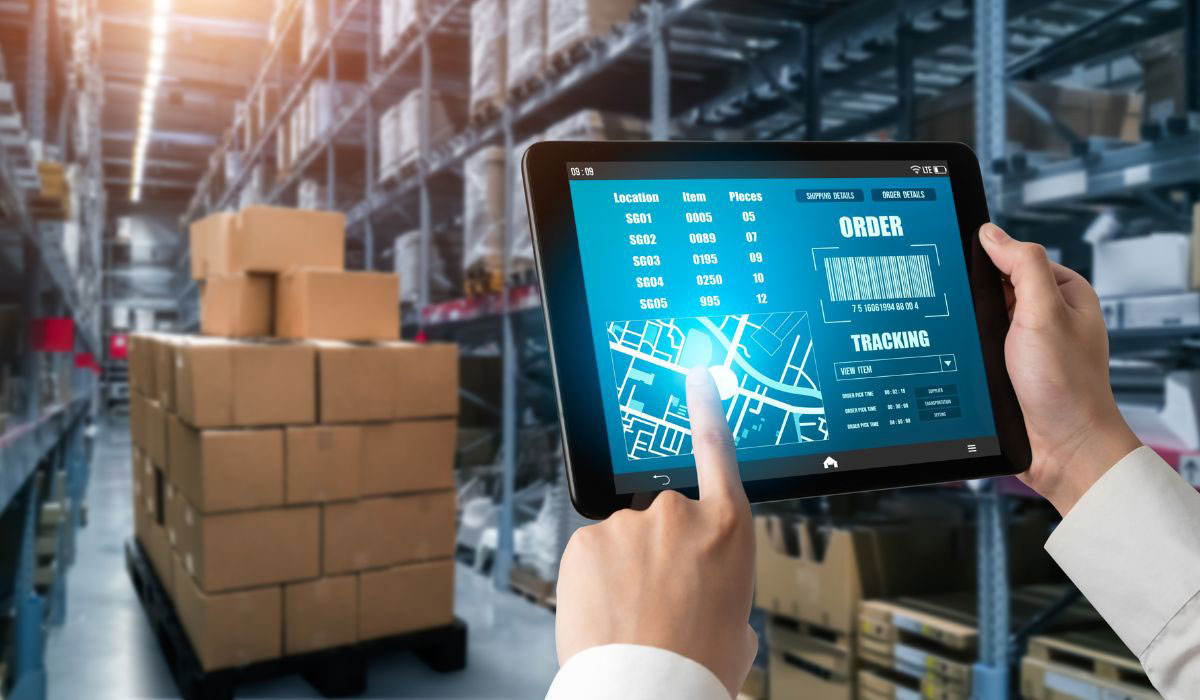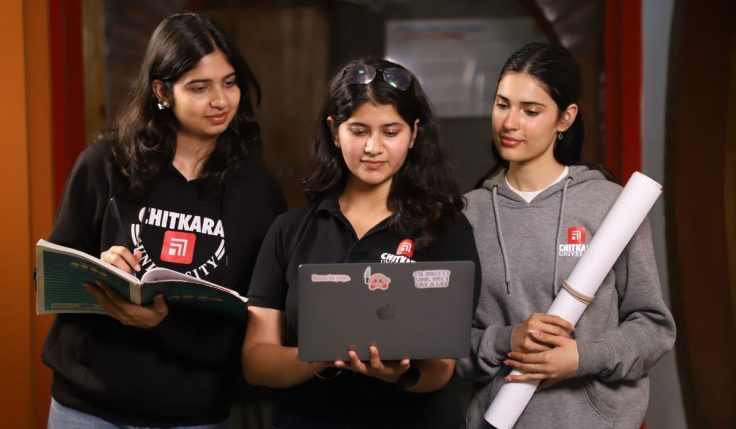Technological breakthroughs, shifting consumer behaviours, and global economic upheavals are driving a revolutionary revolution in logistics and supply chain management. Aspiring students in this profession will be crucial in tackling critical difficulties and embracing technologies that are transforming the way commodities travel from manufacturers to consumers.
Let’s take a look at the problems and innovations driving the logistics and warehousing industry, giving a complete overview for individuals thinking about pursuing a programme in Logistics and Supply Chain Management.
Challenges in Logistics and Warehousing:
Globalisation and Supply Chain Complexity: As companies develop abroad, their supply networks become more complicated. Supply chain specialists must negotiate sophisticated issues such as balancing demand and supply across multiple locations, coping with varying regulatory frameworks, and coordinating cross-border transportation.
Inventory Management and Demand Forecasting: Accurate demand forecasting and effective inventory management are critical for cost-cutting while assuring product availability. To optimise inventory levels and minimise stockouts, students in logistics and supply chain management programmes must understand the complexities of data analytics and predictive technology.
Last-Mile Delivery and Customer Expectations: The phenomenal expansion of e-commerce has raised customer expectations for speedy and dependable last-mile delivery. Students must grasp urban congestion, delivery route optimisation, and novel solutions such as drone and autonomous vehicle deliveries.
Environmental and Sustainability Concerns: Sustainability is increasingly a key factor in logistics and warehousing. Addressing concerns about carbon emissions, waste reduction, and ethical sourcing necessitates the incorporation of environmentally friendly practises and technology into supply chain operations by experts.
Integration of Technology and Data Management: The integration of technology, such as the Internet of Things (IoT), blockchain, and data analytics, is transforming the logistics scene. Students must grasp these techniques in order to improve transparency, traceability, and efficiency throughout the supply chain.
Advancements Revolutionizing Logistics and Warehousing:
Automation and robots: Automation and robots are rapidly being used in warehouses to simplify tasks such as picking, packaging, and sorting. Warehouse automation systems, robotic process automation, and the possible influence on labour needs and efficiency should be familiar to students.
Artificial Intelligence (AI) and Machine Learning: AI and machine learning are being used to analyse massive volumes of data in order to estimate demand, optimise routes, and perform predictive maintenance. Students must comprehend how these technologies influence decision-making and improve supply chain performance.
Blockchain for Enhanced Transparency: Blockchain technology guarantees supply chain transactions are transparent, traceable, and secure. Students should understand its potential to eliminate counterfeiting, combat fraud, and increase overall supply chain visibility.
Internet of Things (IoT) for Real-Time Tracking: Internet of Things (IoT) devices offer real-time tracking of shipments, temperature-sensitive commodities, and asset monitoring. Students should understand how IoT may improve supply chain visibility and reduce risks.
Sustainability and Green Logistics: Environmentally friendly practises are increasingly becoming a competitive advantage. Students should understand how to put eco-friendly measures in place, such as route optimisation to cut fuel use, and how to incorporate circular economy ideas into supply chain operations.
Augmented Reality (AR) and Virtual Reality (VR): AR and VR technologies are redefining logistics and warehouse training, maintenance, and remote help. Students should investigate how they might be used to improve worker training and warehouse operations.
Informed Decisions Using Big Data Analytics: Big data analytics gives insights for strategic decision-making. Students should learn how to analyse massive datasets in order to spot patterns, predict disruptions, and make data-driven decisions.
3D Printing and Additive Manufacturing: By enabling localised production, additive manufacturing has the ability to alter traditional supply chains. Students should comprehend how 3D printing affects inventory management, transportation, and distribution.
Read this blog post: MBA in Logistics and Supply Chain Management Syllabus
Finally, the discipline of logistics and supply chain management provides a dynamic and growing landscape that is rich in both difficulties and opportunity. Aspiring students should anticipate being at the vanguard of a revolution fueled by technological breakthroughs, environmental concerns, and altering consumer expectations. Students may position themselves as future leaders who promote innovation and efficiency in the complicated world of logistics and warehousing by grasping the problems and embracing the breakthroughs. A Logistics and Supply Chain Management programme provides students with the information and skills they need to navigate this dynamic journey and help shape the future of global business.
Chitkara University’s BBA and MBA programs in Logistics and Supply Chain Management provide a holistic and forward-looking education for aspiring professionals. The curriculum combines industry experience with cutting-edge insights, preparing students to excel in the complex landscape of logistics and supply chain management. With a focus on experiential learning, technology integration, global perspectives, and soft skills development, students are equipped not only with technical knowledge but also with the practical skills and mindset needed to thrive in the industry. Industry partnerships, a dedicated Career Advancement Services team, and a strong alumni network ensure that graduates are well-prepared and well-connected for successful careers in the field. Chitkara University’s commitment to excellence shines through in these programs, empowering students to make a significant impact in the dynamic world of logistics and supply chain management.






